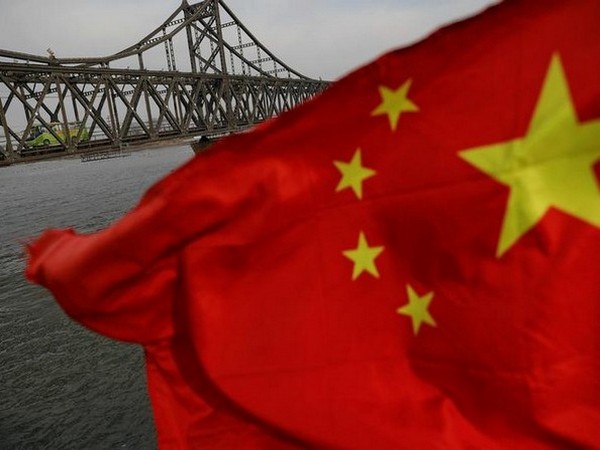Experts Criticize China's 20th Central Committee Communique as Vague
Following China's 20th Central Committee's Third Plenum, experts criticized the CCP's communique as ambiguous and ineffective in addressing economic issues. Key experts expressed concerns over the lack of concrete measures and questioned the credibility of the party's decisions, including significant personnel changes.

After the Third Plenum of China's 20th Central Committee concluded with a 5,000-word communique on July 18, expert opinion was overwhelmingly negative. Analysts labeled the Chinese Communist Party's (CCP) latest economic plan as vague and criticized its failure to address real economic problems, Voice of America reported.
Shi He-ling, Associate Professor of Economics at Monash University in Australia, voiced disappointment, describing the CCP's plan as lacking clear, measurable objectives. Shi likened the communique to a mere philosophical essay, devoid of substantial macroeconomic adjustments. Yeh Yao-Yuan, Chairman of the Department of Political Science at the University of St. Thomas in Houston, echoed these sentiments. According to Yeh, under 'Xi Thoughts,' it's challenging to introduce any new economic directives.
Yeh also commented that despite the CCP's repeated emphasis on their 'socialist market economic system,' such rhetoric won't reverse China's economic downturn. He criticized Xi's reforms as regressive. The VOA report highlighted that the communique garnered 100 million views on Weibo, China's social media platform, yet didn't spark significant discussion domestically.
Noteworthy decisions from the Plenum included the removal of former Defense Minister Li Shangfu, and Li Yuchao and Sun Jinming from the People's Liberation Army's Rocket Force. Chong Ja Ian, associate professor of political science at the National University of Singapore, noted the CCP's aversion to public online debates about their high-level personnel, fearing such discourse could undermine party decisions.
(With inputs from agencies.)










